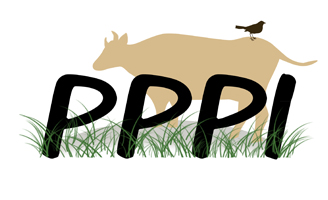SASKATCHEWAN GRASSLANDS: WHY WE MUST PROTECT OUR REMAINING NATURAL PRAIRIE AND HOW
FEATURING TREVOR HERRIOT
THURSDAY MARCH 13, 7 pm
ST. MARKS LUTHERAN CHURCH HALL, 3510 QUEEN STREET
Saskatchewan’s grasslands are among the most endangered and human altered ecosystems in the world. Join us on March 13th to discuss and ask questions on:
- Preservation of Saskatchewan’s community pastures and grasslands
- How modern agriculture and oil and gas activity affects grasslands
- Our complicity in habitat erosion and species extinction
- The choices we all face
Much of what is left of Saskatchewan grasslands is found in community pastures. The federal government recently moved to shut down these pastures. Farmers, conservationists, ranchers and communities are demanding the government act to save key pastures. On Thursday March 13th, we invite you to learn why preserving our remaining grasslands is essential, and how to do it, as well as to discuss broader topics of sustainability, human choice, and the path forward.

